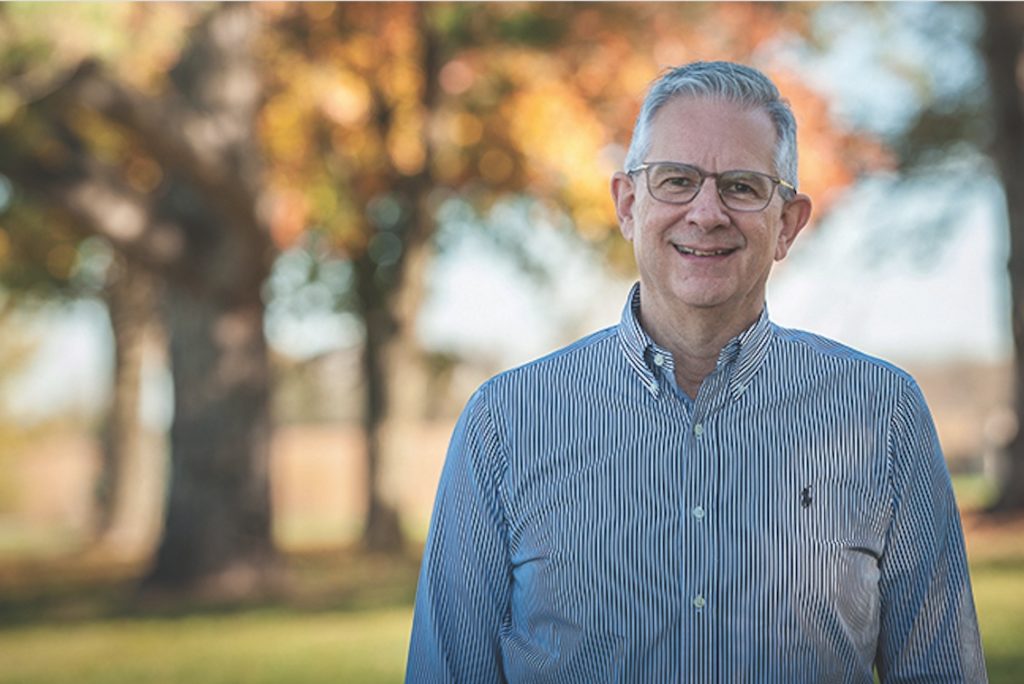
Tom Racunas is the lead consultant for the archdiocesan special-needs ministry. He can be reached by email at: tracunas@archkck.org.
by Tom Racunas
In the fall of 2016, the special-needs ministry was established in the archdiocese.
The mission of the ministry is to serve and support parishes in facilitating opportunities for a relationship with Christ by ensuring the fullest participation possible in the Catholic faith for all parishioners, regardless of ability.
Sounds good, doesn’t it? But what does it really mean, how is this to get done, and what should this really look like in the end?
I will have four opportunities in these pages over the next nine months to “unpack” the phrases in this statement and, in doing so, help create a vision for meaningful and lasting outcomes.
Let’s begin at the end and work backwards: “all parishioners, regardless of ability.” All means all!
“Human persons are willed by God; they are imprinted with God’s image. Their dignity does not come from the work they do, but from the persons they are.” (John Paul II, “The Hundredth Year,” 11).
The Catholic Church proclaims that human life is sacred and that the dignity of the human person is the foundation of a moral vision for society.
Over the years, the U.S. bishops have said: “We believe that every person is precious, that people are more important than things, and that the measure of every institution is whether it threatens or enhances the life and dignity of the human person.”
How we live does not always reflect what we believe. Consequently, all does not always mean all.
Children and adults with disabilities, especially those with significant cognitive and developmental disabilities, have often been excluded from our faith formation programs, from sacramental preparation and celebration, and from participation in the liturgy.
Parents of children with disabilities often feel ignored, judged and alone. The mother of a child with autism told me that after a particularly challenging time at Mass one Sunday, a parishioner approached her and reprimanded her for not being a better disciplinarian.
He said, “Your child shouldn’t be in church if you are not going to teach him how to behave.” He did not know that that was exactly what she was trying to accomplish. Yet, she felt defeated and unwelcome and she quit trying — she and her child stopped attending.
The 1978 U.S. bishops’ pastoral statement on people with disabilities states in part: “[The Church] must reach out to welcome gratefully those who seek to participate in the ecclesial community (12).
“If people with disabilities are to become equal partners in the Christian community, injustices must be eliminated and ignorance and apathy replaced by increased sensitivity and warm acceptance” (13).
All must mean all!

